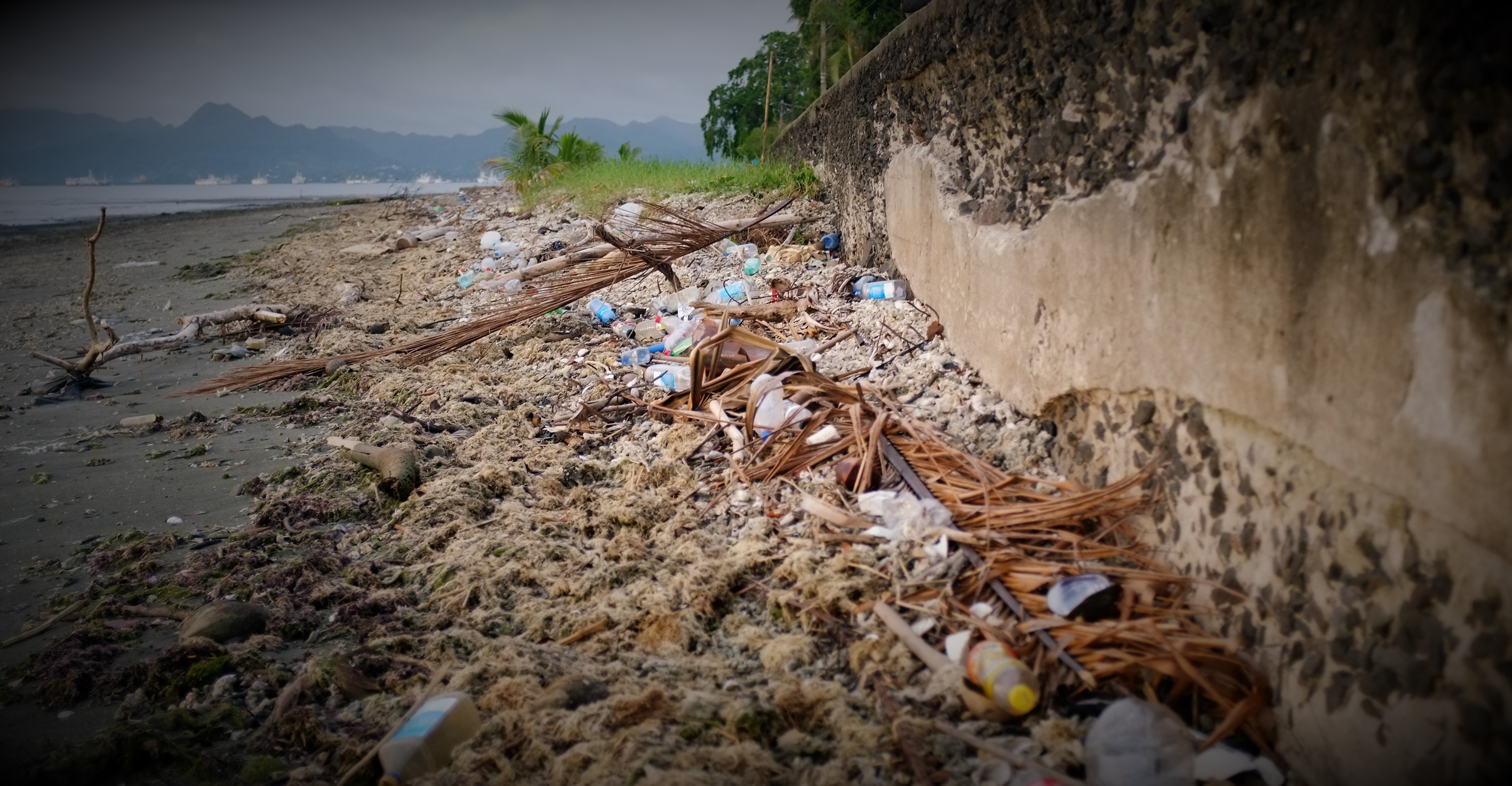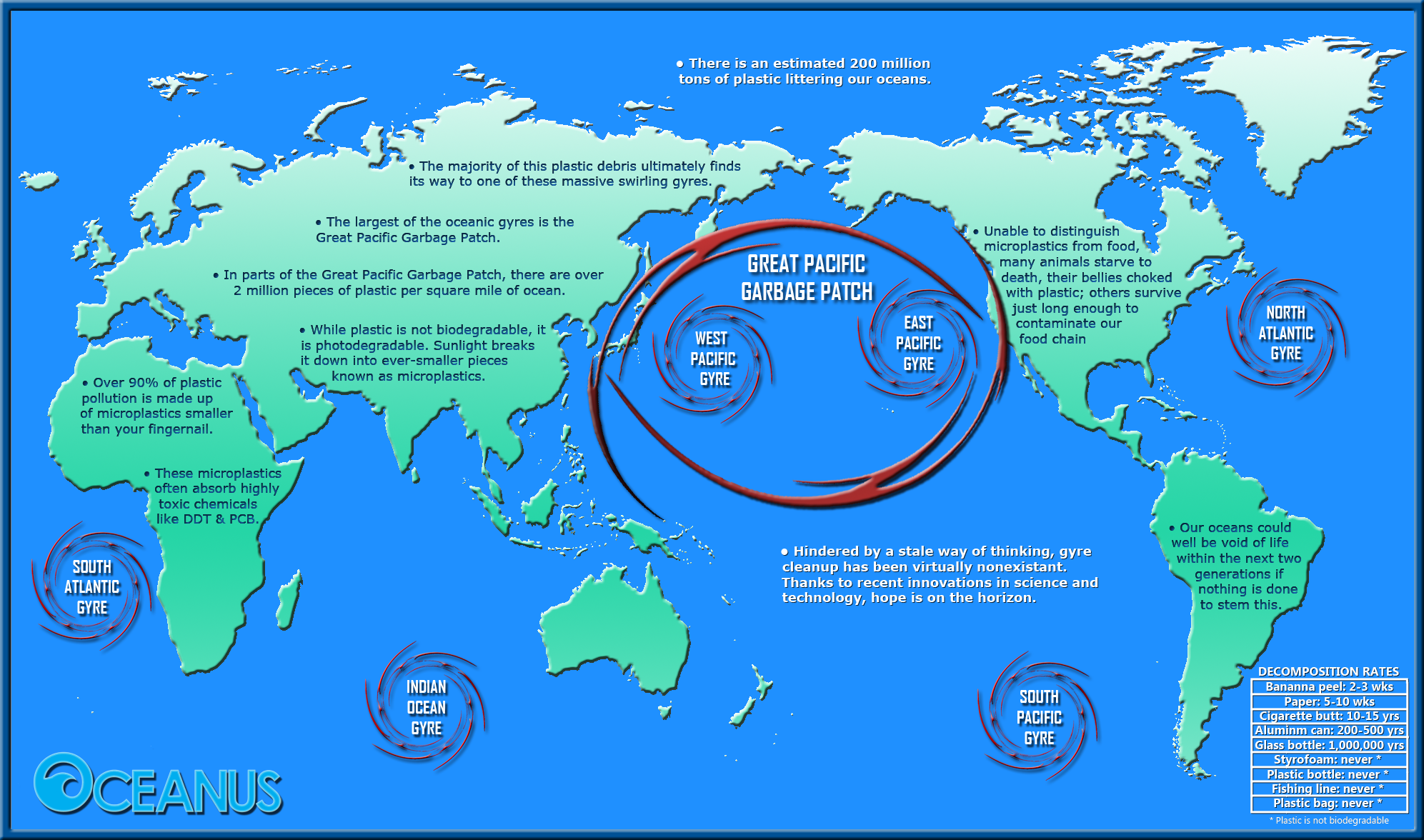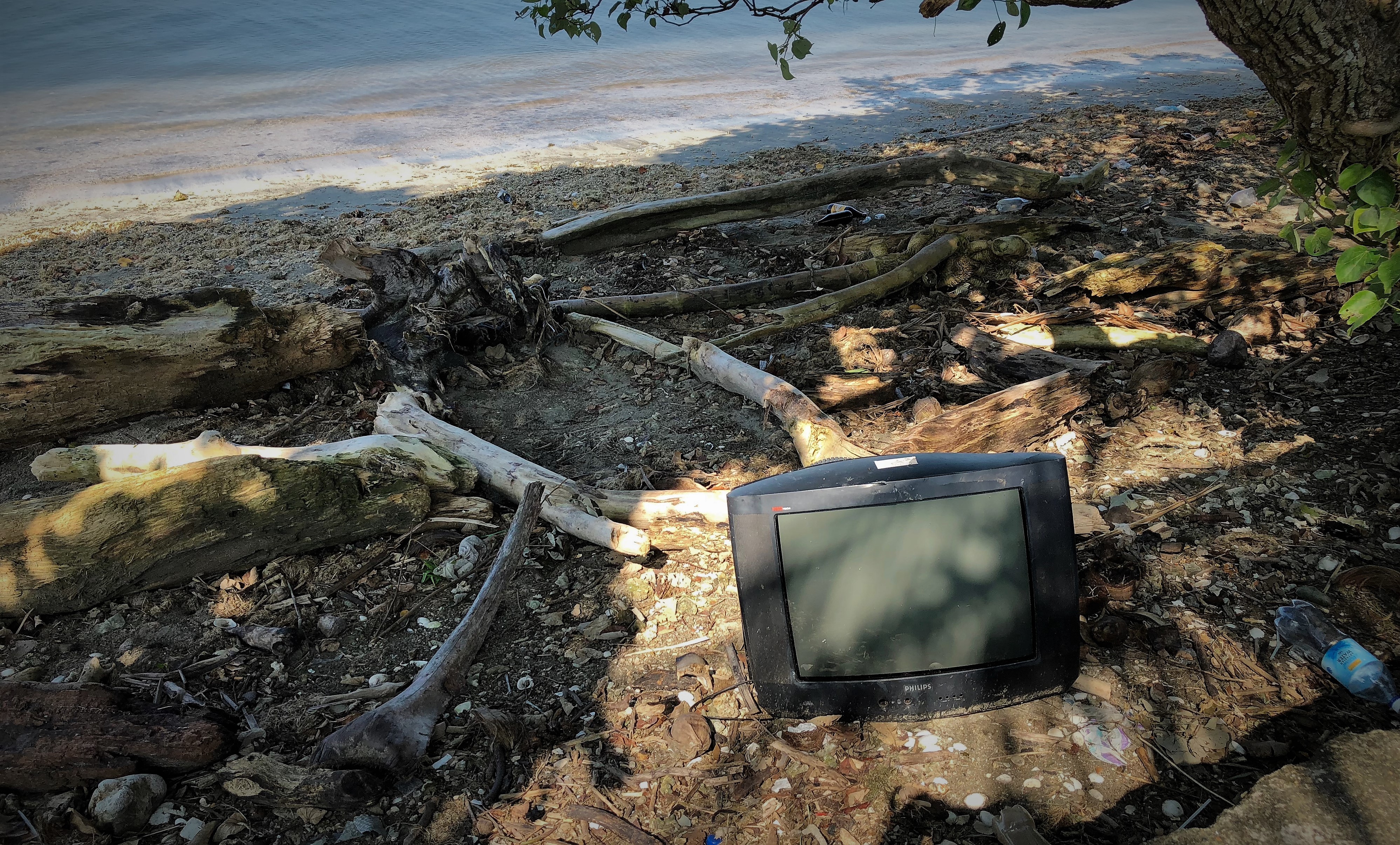The largest ocean on earth is also home to the largest collection of floating rubbish/garbage which scientists have coined "The Great Pacific Garbage Patch".
The statistics about the Great Pacific Garbage Patch provide terrifying reading and are summarised by the National Geographic in a recent online article that can be found here. The article explains that the floating garbage weighs 79,000 tonnes and is predominantly plastics originating from both land based (80%) and ocean based activities (20%), includes discarded fishing gear, waste from the 2011 Japanese Tsunami and perhaps most worryingly contains an estimated 1.8 trillion pieces of plastic of which microplastics comprise 94%.
One of the solutions to this horrendous human made problem is for each country to regulate and control littering and the failure to responsibly dispose of household and consumer waste. In this 3rd legal bulletin in this Fiji Marine Pollution Law Series, we consider Fiji's legal framework to regulate and control littering.
While outside the scope of this legal bulletin we acknowledge that:
- other regulatory and innovative solutions must be found globally to reduce or eliminate the use of plastics and find other more environmentally friendly consumer packaging
- Pacific Islands are not the main cause of this global issue
- Responsible consumer choices and manufacturing choices are required
- Fiji has started using innovative mechanisms to discourage the use of plastics like introducing a charge for single use plastic bags.

A common sight along the Suva Seawall, discarded plastic bottles
Fiji's Litter Act 2008, is an Act designed:
To prohibit and regulate the deposit of litter in the environment of the Fiji Islands.
The Litter Act makes it a criminal offence to deposit litter in a public place. Deposit includes "casting, leaving, placing, spilling, throwing, dropping, allowing to drop, or otherwise depositing of litter".
Litter is widely defined by the Act to include the household and consumable items that would be expected as follows:
any matter or thing whether solid or liquid or partly solid or liquid, the possession of which has been abandoned by any person having control of the same in any street or land or public place and includes building, household, shop, garden and trade refuse or waste; human, animal, fish and vegetable refuse or waste; containers and packaging of any description, whether manufacture in whole or in part, of wood, glass, metal, paper or plastic; household, shop and factory furniture, appliances and machinery or part thereof; timber, wood, glass ,iron, concrete, sand, earth, gravel, stone and clay; or any matter or thing which causes or contributes to or tends to the defacement or defilement of any street, land or public place and includes dangerous litter, discarded chewing gum and tobacco, (excluding religious offerings)
Pursuant to the Litter Act it is a criminal offence to deposit litter in any public place. Public place is also widely defined to include areas where the public has access. While the World Wildlife Fund has noted in its article on major threats to the ocean here that "most of the pollutants on land eventually make their way into the ocean" in terms of marine pollution the Litter Act ensures public place includes: beaches, foreshore, rivers, streams, any waters to which the public traditionally has access. The full list of public places includes:
every highway, road, street, public drain, private street, footpath, access way, services lane, court, mall, thoroughfare and bridge
any park, garden, or other place of public recreation to which the public has access
any beach or foreshore, the bank of any river or stream, the margin of any lake, or forest area, to which the public has access
any waters to which the public traditionally has access for bathing or other recreational purposes
every harbour, wharf, pier or jetty which the public has access
any airport
any open market place, any other place where food is exposed or sold in the open air and any other place in the open air to which the public has access
any other place in the open air to which the public has access as of right without payment of any fee - but does not include any site for the disposal of litter, or any receptacle installed in any public place pursuant to this Promulgation or any other written law
Any land vested in or controlled by any local authority or the State„ being land that is not occupied pursuant to any lease, licence, or other authority by any private person
The Offence
The Litter Act makes it a criminal offence to directly or indirectly deposit and abandon any litter in or on any public place, and prescribes the following punishments of maximum penatly fines as follows
- $200 for individual
- $1,000 for corporate body
The Litter Act ensures that there is no defence if the person or company deposited the litter in a public place but the litter then moved to a place other than a public place. In other words if the litter is moved, blows away or is otherwise dispersed the offence is committed by the act of littering in a public place.
The Litter Act contains harsher penalties for an offender depositing dangerous litter.
Dangerous litter
Section 10 of the Litter Act makes it a criminal offence:
to directly or indirectly deposit and abandon any dangerous litter in or on any public place
Dangerous litter is widely defined by section 2 of the Litter Act and means
litter that is dangerous, or liable to become dangerous
The definition of dangerous litter includes a number of examples of what is "dangerous litter" and this includes:
- any litter which, if deposited in a public place is likely to endanger any person or to cause physical injury, disease or infection of any kind to any person coming into contact with it
- any bottle (whether broken or not), glass or article containing glass
- sharp metal or trap
- any substance of a toxic or poisonous nature
- any oil, diesel, fuel grease spill or similar discharge
- any derelict abandoned vehicle
Upon conviction the penalties for depositing dangerous litter are:
- For first offence – maximum penalty of $2,000 or 6 months imprisonment for an individual and $4000 for body corporate
- For second or subsequent offence: maximum penalty of $4000 or 12 months imprisonment for individual and $10,000 for corporate body
Section 13 of the Litter Act also makes it a criminal offence to deliberately break or smash:
any bottle, glass, or any article made of glass, or any other such object in or on any public place
The possible punishments upon conviction are as follows:
- $400 or imprisonment for a term not exceeding 3 months or both
In the event that any person accidentally breaks any bottle, or something made of glass in a public place:
must immediately clear up and remove to a site for the disposal of such litter.
Littering while driving
Section 12 of the Litter Act make it an offence for litter to be thrown from vehicle in a public place (and this includes all highway, road and street). The driver is the person who is held responsible at law and upon conviction may be punished as follows:
- For first offence: $200 for individual and $1,000 for corporate body
- For second or subsequent offence: $800 for individual and $2,000 for corporate body.
In the event that any article, substance or material is thrown from, falls from or is deposited by any vehicle on any street, the driver of the vehicle who fails to take all reasonable steps to safeguard other traffic in the public place and to remove the article, substance or material immediately afterwards commits an offence.
- For first offence: $200 for individual and $1,000 for corporate body
- For second or subsequent offence: $800 for individual and $2,000 for corporate body.
Burning garbage/rubbish
While not strictly related to Marine Pollution, residents of towns and cities may be interested to note that Regulation 21(2) of The Environment Management (Waste Disposal and Recycling) Regulations provides:
A person who intentionally burns household garbage in a municipality area commits and offence, unless the local authority has a permit that covers the resulting emission. Penalty: $10,000
Concluding remarks
The solution to the global problem of abandoned household and consumer waste requires every person to act responsibly.
The Litter Act makes it a criminal offence to litter in a public place and as such any person who litters is likely to have committed a criminal offence. Those who are observed littering may be reported to the police, with as much detail as possible about their activities. Approaching those who are littering should be undertaken cautiously and if it is possible and safe to do so photographs should be taken.

Infographic source: Oceanus providing more information about "The Great Pacific Garbage Patch"

Abandoned television on the Suva Foreshore
This legal bulletin is not, and should not be relied on as, legal advice. It is provided for information purposes only.



